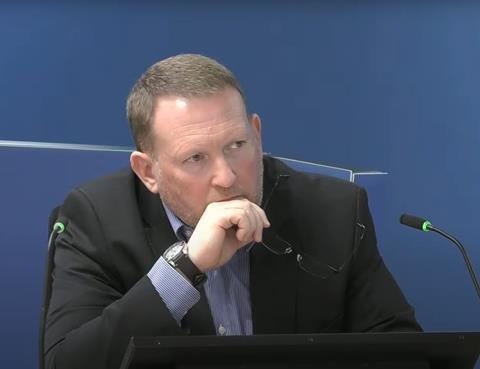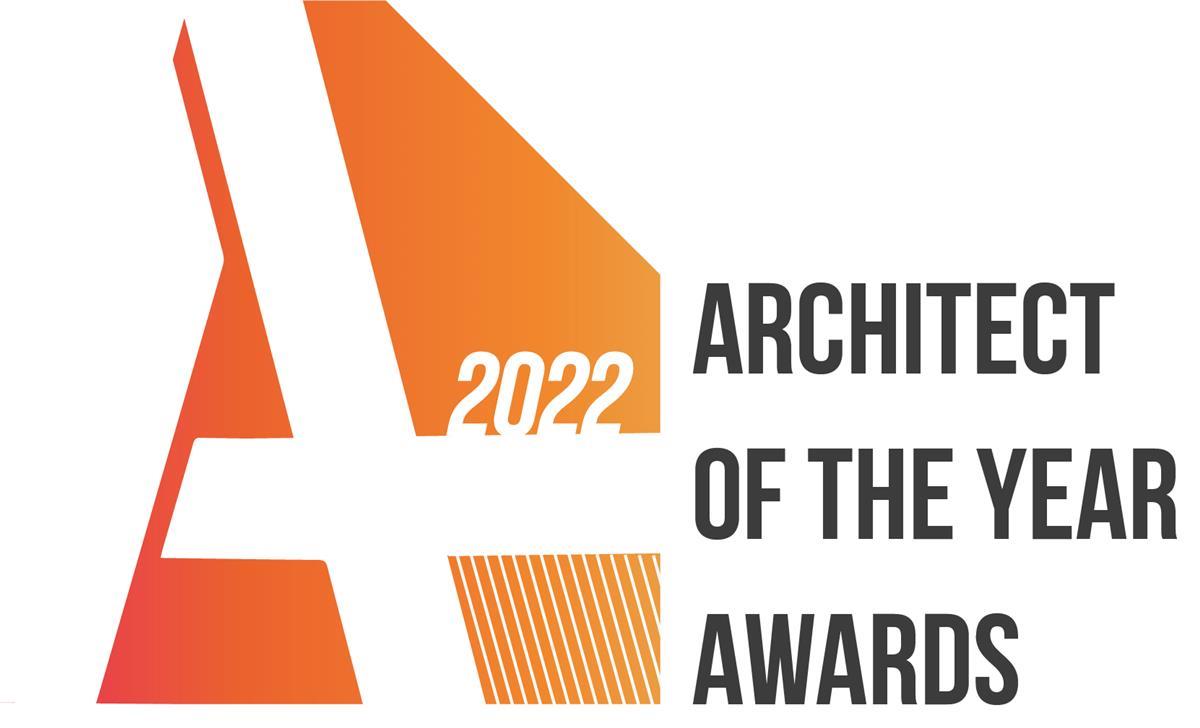Senior civil servant responsible for building fire safety says 2001 tests “just got missed”
A series of dramatic failed fire tests on aliminimum composite material (ACM) cladding before the Grenfell tower fire had “just got forgotten”, a senior civil servant has told the inquiry into the disaster.
Brian Martin said the government-commissioned fire tests, carried out 16 years before the West London blaze, “just got missed”.
The inquiry has already heard that one of the 2001 tests had revealed the danger of ACM cladding, the type which was installed on Grenfell tower and has been blamed for the rapid spread of flame in the fire which killed 72 people on 14 June 2017.
Technicians at the Building Research Establishment (BRE) had set light to a 9m section of wall covered in the material, resulting in 65ft high flames - twice the height of the test rig - just five minutes into the 30-minute test. The rig then had to be extinguished because of safety concerns.
BRE scientist Sarah Colwell has previously told the inquiry that experts who witnessed the test were “shocked” by the results, which she described as “catastrophic”.

This was of major significance as the panels had passed the UK fire rating Class 0, which meant they could be used to clad external walls on buildings above 18m.
但是,尽管BRE对政府的测试报告称,ACM是“性能最差的产品之一”,但它只是得出结论,认为该材料是否符合0级的问题“可能需要进一步考虑”。
Martin had been employed by the BRE at the time and was one of three senior fire safety experts working on the testing project.
He also worked two to three days a week in the housing department - now known as the Department of Levelling Up, Communities and Local Government - as an advisor on a review of fire safety in buildings.
He joined the department full time in 2008 as the civil servant responsible for Approved Document B, the part of building regulations which deals with fire safety.
Yesterday, he was asked by counsel to the inquiry Richard Millett QC why the BRE report’s warnings about the test results had been “expressed in such feeble terms”.
Martin said: “I don’t know”, though he admitted that it “clearly needed to be raised in stronger terms”.
“One gets the slight sense, Mr Martin, that there’s some sort of problem about coming clean with government and telling them that class 0 was a problem… and it’s dangerous, because once some products which achieve class 0 are tested to full scale, they are dangerous, spectacularly so. That’s the sense one gets. Is there anything in that?” Millett asked.
“No. I don’t believe anyone at the department or anyone at BRE would have deliberately concealed this, and… I can’t think of any reason why either group of people would have wanted to do so”, Martin replied.
See also>>Government officials ‘did not heed’ coroner advice after fatal Lakanal House fire
Asked if he had checked whether the government planned to look into the results further, Martin said he did not remember “giving it any consideration at the time”.
The inquiry has already heard that proposed changes to Approved Document B under the coalition government had been hampered by a drive for deregulation, but Millett pointed out that at the time of the BRE’s report this had been “a decade off into the future”.
He asked: “What possible reason was there for government, in whose offices you sat half the week, not acting on the advice there, oblique though it may have been?”
“At that time, I don’t think there would have been any reason not to act on it, and again, this sounds awful, but I think it just got missed”, Martin said. “I don’t understand how a result of that magnitude didn’t get more prominence at the time, and so I don’t think anybody that I was talking to recognised the need to do more.”
Asked if he had forgotten about the tests by the time of the Grenfell tower fire, Martin said he had not and had tried to track down the reports, which were eventually found by BRE manager Debbie Smith and shared with him “several months after the fire”.
但一直被视为商业机密的测试结果,直到去年9月BBC才向调查机构披露。
Asked why the data had until then been “sat on”, Martin said: “Tragically, I think it just got forgotten and fell between the gaps.”
See also>>The true cost of Gove’s new cladding policy on the housing sector
“Mr Martin, are you able to give us an assurance that you and Anthony Burd [another civil servant] did not sit on this data or your knowledge of it for the full nine years that you were a full −time civil servant, hoping and praying fervently that it would never see the light of day?” Millett asked.
“I can assure you that neither of us would have done that”, Martin replied.
调查委员会已经听说,在测试结束后的几年里,多个行业游说政府保留0级,因为引入更严格的标准会将许多产品挤出市场。
Martin and Colwell had worked on new pass/fail criteria for products in the aftermath of the tests. Although a passage in the first draft of the criteria had referred to weaknesses in the tests needed to obtain ‘Class 0’, a second draft had omitted the passage.
“这些词从这里消失的原因之一是需要保留0级以保持英国市场的甜蜜吗?”米勒特问道。
“Absolutely not”, Martin said.
The inquiry continues.















